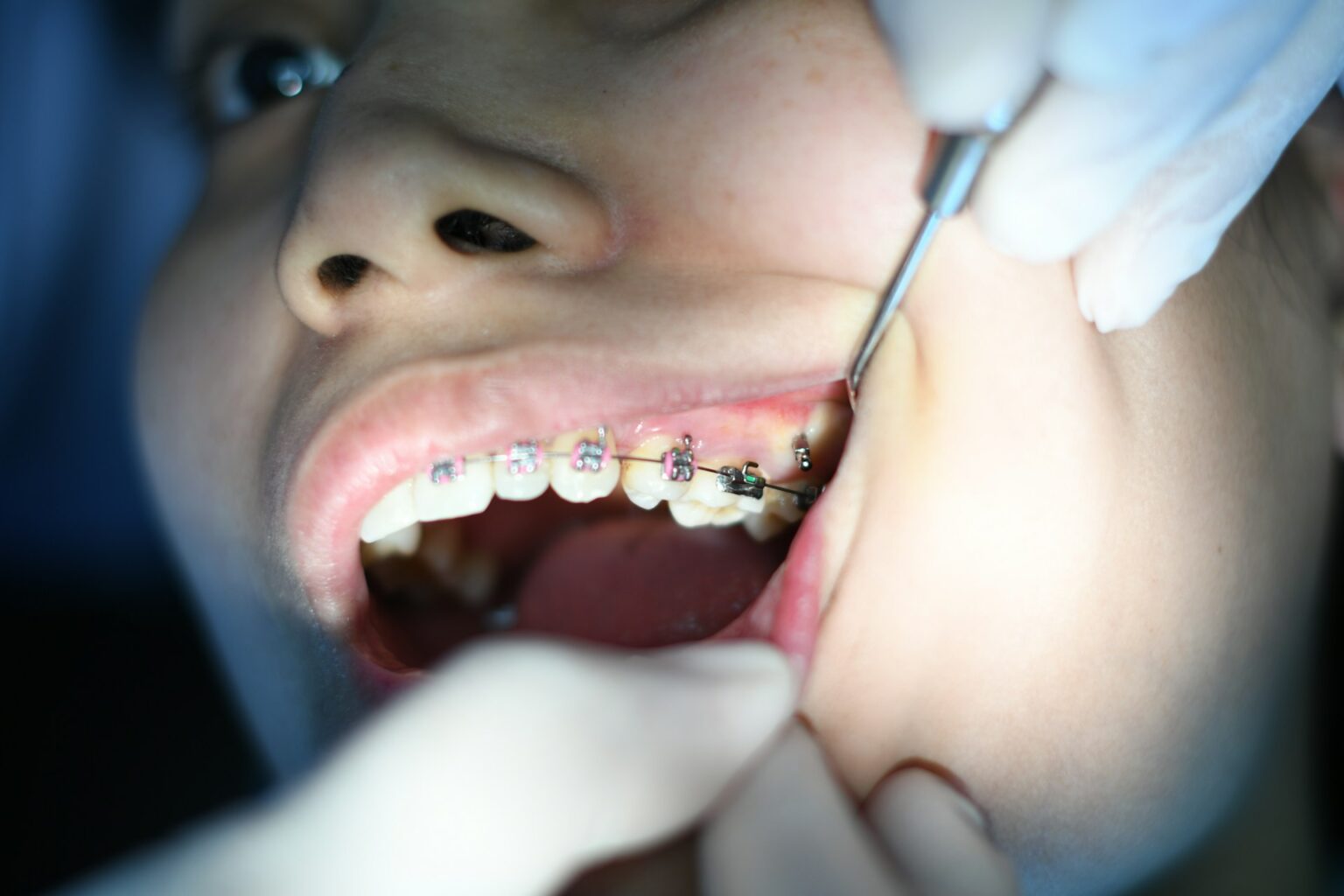Restoring your smile with dental implants is a life-changing decision that can significantly impact your confidence and oral health. If you’re missing teeth or struggling with ill-fitting dentures, understanding all aspects of this treatment is crucial. Many people in Louisville and the surrounding areas have found lifelong solutions through dental implants Louisville KY, enjoying a renewed ability to eat, speak, and smile with comfort and security.
As dental technology advances, implants have become more predictable, comfortable, and accessible for a wide range of individuals. However, it’s essential to weigh the benefits, possible risks, and whether your current oral health makes you a suitable candidate. This comprehensive guide will equip you with key knowledge on dental implants, ensuring you can make a fully informed choice for your oral health journey.
What Are Dental Implants?
Dental implants are advanced tooth replacement devices offering a permanent solution for individuals with missing teeth. The process involves surgically placing a small, biocompatible titanium post into your jawbone, which then fuses with the bone over time, creating a stable foundation. Once healed, a dental crown is affixed, resembling a natural tooth in both appearance and function. This innovative approach provides superior stability and durability compared to removable dentures or fixed bridges, making dental implants a preferred option for many patients.
Benefits of Dental Implants
- Remarkable Durability: Dental implants are designed to last many years, often a lifetime, with proper maintenance.
- Preserved Oral Health: Unlike bridges, implants don’t rely on or damage adjacent teeth. They also help preserve jawbone density, preventing the bone loss that often follows tooth loss.
- Comfort and Function: Implants mimic the stability and function of natural teeth, making eating and speaking worry-free.
- Natural-Looking Results: The appearance of modern implant crowns is nearly indistinguishable from natural teeth, supporting self-confidence in social interactions.
Potential Risks and Complications
While dental implants boast high success rates (typically over 95%), no surgical procedure is entirely risk-free. Some potential complications include:
- Infections: Infection at the implant site is possible, especially if oral hygiene is lacking post-operatively.
- Implant Failure: Poor bone quality, improper positioning, or excessive force (from teeth grinding or trauma) can cause the implant to fail.
- Nerve Damage: Occasionally, placing an implant near a nerve can cause tingling, numbness, or pain, usually in the lower lip, chin, or tongue.
- Sinus Issues: Implants in the upper jaw can protrude into the sinus cavities, requiring additional corrective procedures.
Discuss these risks thoroughly with your provider so any factors unique to your health can be identified and managed.
Are You a Candidate for Dental Implants?
Not every patient is immediately eligible for dental implants. Ideal candidates typically:
- Have healthy gums and are free from periodontal (gum) disease.
- Maintain good overall health, as conditions like uncontrolled diabetes or immune disorders can hinder healing.
- Possess adequate bone density in the jaw to support the implant. In cases of bone loss, bone grafting may be suggested.
- Avoid tobacco products, as smoking increases the risk of post-implant complications and poor healing.
Your dentist will review your medical history, examine your oral structures, and likely recommend diagnostic imaging to confirm your suitability. According to the American Dental Association, these steps help maximize the safety and effectiveness of implant treatment.
Aftercare and Maintenance
The longevity and success of dental implants are closely tied to diligent aftercare. Best practices include:
- Brush and floss daily, paying special attention to the area around the implant.
- Schedule regular dental checkups and professional cleanings to monitor the implant and surrounding tissues.
- Avoid biting hard foods, ice, or non-food items that could damage the crown or supporting structures.
Your dental team will provide personalized instructions tailored to your restoration and lifestyle to maximize your outcome.
Cost Considerations
The upfront expense of dental implants is often higher than traditional bridges or dentures, but their durability can make them more affordable in the long run. Multiple factors influence the final cost, including the number of implants, whether bone grafting is required, and the geographic location of your provider. If you have dental insurance, check if your plan covers part of the procedure. Financing options and payment plans are often available to help make this transformative treatment more accessible.
Alternatives to Dental Implants
If dental implants aren’t a match for your needs, you still have effective tooth replacement options:
- Dental Bridges: These use adjacent teeth as anchors and are a fixed solution but may require modification of healthy teeth.
- Partial or Full Dentures: Removable prosthetics that restore appearance and some function, though they may not prevent future bone loss as implants do.
Your dentist can help you weigh the pros and cons for your health, lifestyle, and budget, ensuring you choose the best path forward.
Dental implants represent a significant investment—financially and in your health. With the right information and experienced dental care, you can regain a beautiful, confident smile designed to last for years to come.
Final Thoughts
Deciding whether dental implants are right for you involves more than just considering the look of your smile—it’s about ensuring long-term oral health, function, and comfort. By assessing your jawbone health, lifestyle, and budget, and consulting with a qualified dental professional, you can make an informed choice that aligns with your needs. For many, implants offer a durable, natural-looking solution that can restore confidence and improve quality of life for years to come.


